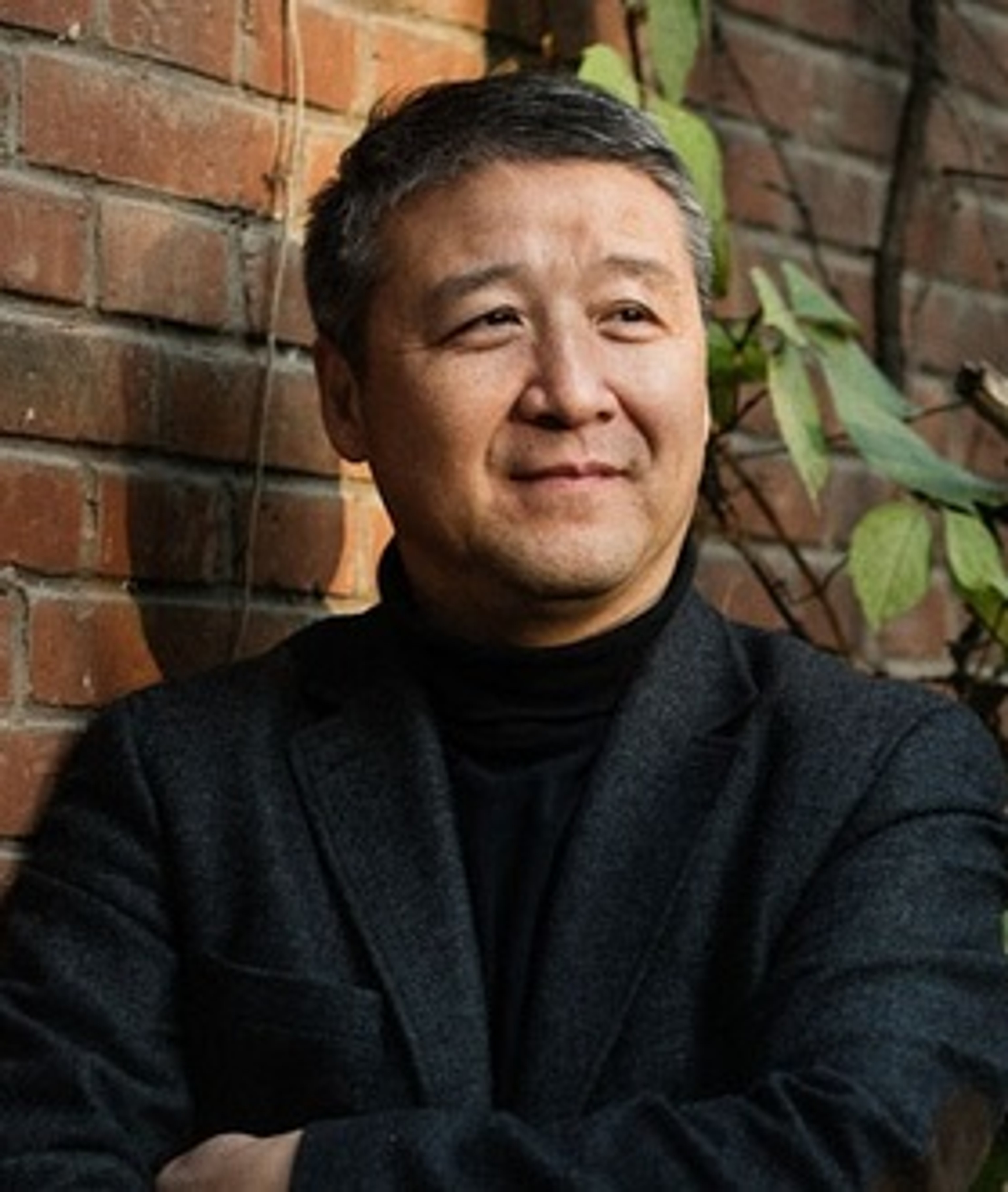Wang Hui

Wang Hui is Distinguished Professor in the School of Humanities at Tsinghua University and Director of the Tsinghua Institute for Advanced Study in the Humanities and Social Sciences. His research interests include Chinese intellectual history, Chinese literature and social and political theory. He has received numerous awards for his scholarship, including the Luca Pacioli Award (2013) and Anneliese Maier Research Award (2018), and has been Visiting Professor and fellow at Harvard, Edinburgh, Bologna, Stanford, UCLA, Berkeley, Tokyo University, the University of Washington, Wissenschaft Kolleg zu Berlin, and Swedish Collegium for Advanced Study among others. He was the co-editor of the influential Chinese journal Dushu from 1996 to 2007. In 2008, the magazine Foreign Policy listed him as one of the top 100 most influential intellectuals worldwide. His recent publications include China’s Twentieth Century (2016), China from Empire to Nation-State (2015), and The Politics of Imagining Asia (2011).